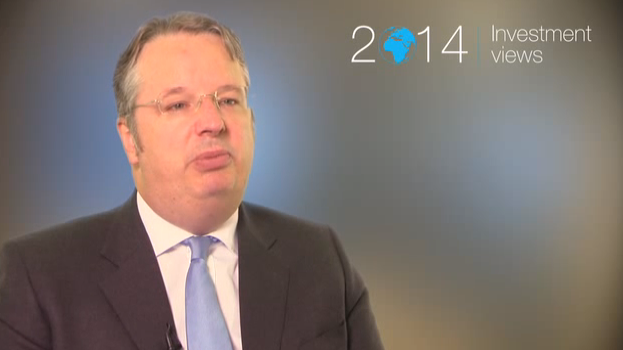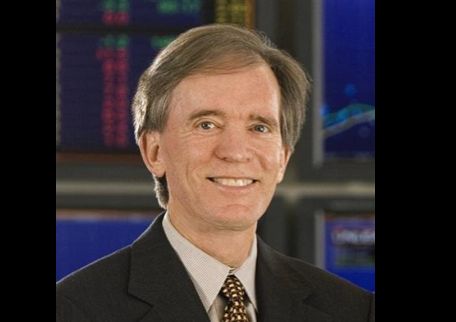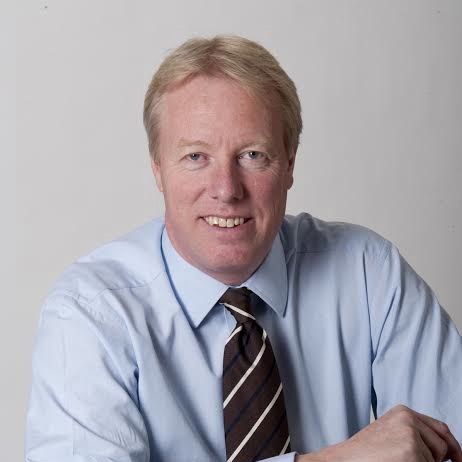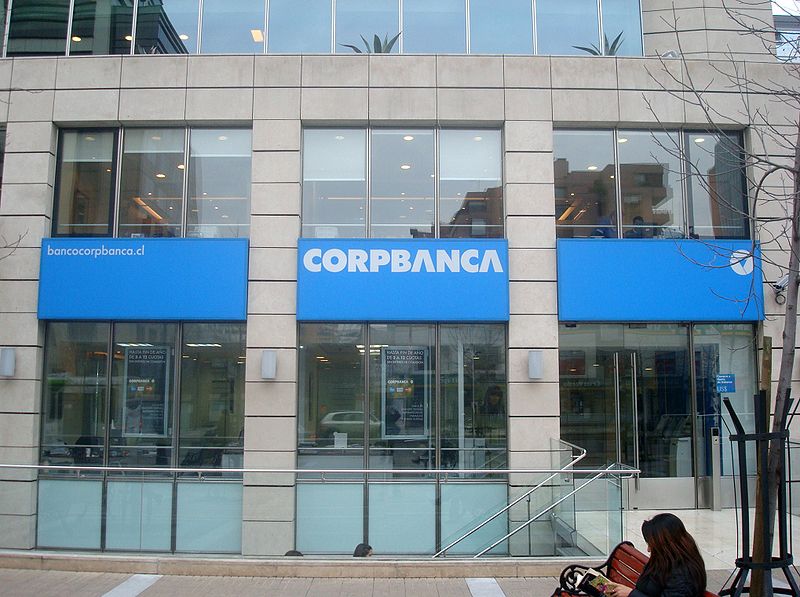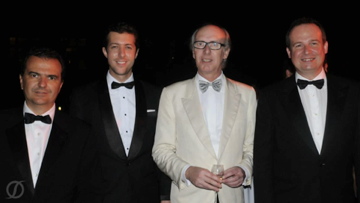RBC to Sell its Jamaican Banking Operations
| By Fórmate a Fondo | 0 Comentarios
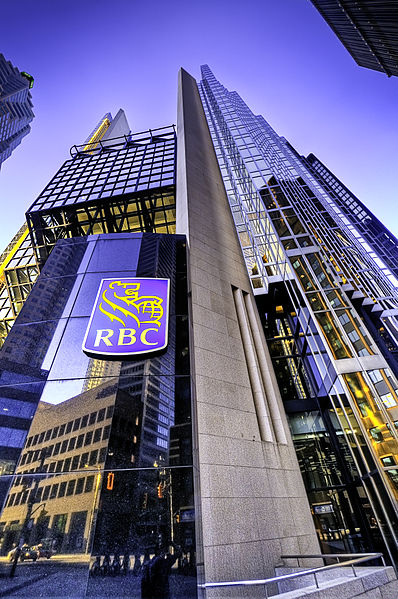
Royal Bank of Canada (RBC) has announced that it has entered into a definitive agreement to sell RBC Royal Bank (Jamaica) Limited and RBTT Securities Jamaica Limited (collectively “RBC Jamaica”) to Sagicor Group Jamaica Limited. The transaction is subject to customary closing conditions, including regulatory approvals and is expected to be finalized in the coming months.
“Consistent with our strategy of being a competitive leader in the markets where we operate, we determined after a careful and thorough review that the best decision for the long-term future success of RBC Jamaica was to sell it to Sagicor,” said Suresh Sookoo, CEO of RBC Caribbean. “Sagicor is a well established financial franchise in Jamaica with the size, scale and complementary capabilities that RBC Jamaica does not currently possess.”
“RBC has operated in the Caribbean for over 100 years and remains committed to this region. This transaction will allow us to successfully reposition our Caribbean business for the future and focus on regions where we have significant market share,” said Dave McKay, group head, Personal & Commercial Banking, RBC. “We are focused on strengthening our business performance, service and competitiveness in markets where we can be a leading competitor over the long term.”
While financial terms of the transaction were not disclosed, the purchase price approximately reflects the book value of RBC Jamaica. RBC expects the transaction to result in an estimated loss of C$60 million (before and after-tax) as a result of International Financial Reporting Standards, largely related to an estimated writedown for the proportionate share of RBC Jamaica goodwill and other intangibles acquired by RBC in connection with its acquisition of RBTT Financial Group in 2008. The transaction is not expected to have a material impact on RBC’s Basel III Common Equity Tier 1 ratio.
The loss is based on current estimates and is subject to change and will be reflected in the results of the first quarter ending January 31, 2014. RBC will release its first quarter 2014 results and host an earnings conference call on February 26, 2014.

